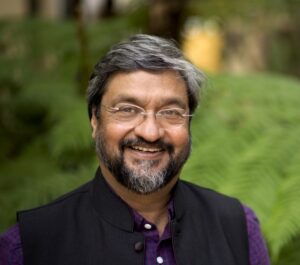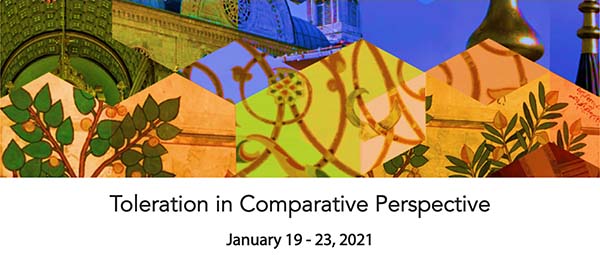Asoka’s Dhamma: social toleration or communal Harmony
Panel: Politics, Political Theory and Toleration – Friday, January 22 (9am – 11am PST // 12pm – 2pm EST)

Rajeev Bhargava is Director of the Institute of Indian Thought at the Centre for the Study of Developing Societies, New Delhi. He works primarily on religion and secularism in Indian democracy. His research covers a wide span of the history of the subcontinent, and he used historical examples to understand the dynamics of toleration in India today. In his essay, “Beyond Toleration: Civility and Principled Coexistence in Asokan Edicts” (2014), Bhargava focuses on the example of Asoka, an emperor from the 3rd century BCE, to recover forms of “toleration” that do not conform to norms from 17th-century European Christendom. He shows that Asoka, who is well-known in Indian and in world history for his edicts intended to support religious coexistence, responded to deep divisions between Vedic and pre-Vedic religions in his empire, including Buddhism, Jainism and others. Bhargava argues that Asoka’s edicts went “beyond” modern standards of toleration as restraint on interference against minority religions, and instead sought to change people’s attitudes. In particular, his edicts demanded restraint on speech, both critical of other religions and in excessive praise of one’s own. This toleration based in speech and its restraint made sense in a program to change people’s sentiments toward other religions by bringing them to recognize value in difference, rather than a threat. This regime of toleration, or more accurately civility, was not an early version of the 17th-century standard, but, according to Bhargava, fundamentally different from it.
Example of published work:
Rajeev Bhargava, “Beyond Toleration: Civility and Principled Coexistence in Asokan Edicts,” in Boundaries of Toleration, ed. Alfred Stepan and Charles Taylor (New York: Columbia University Press, 2014);
